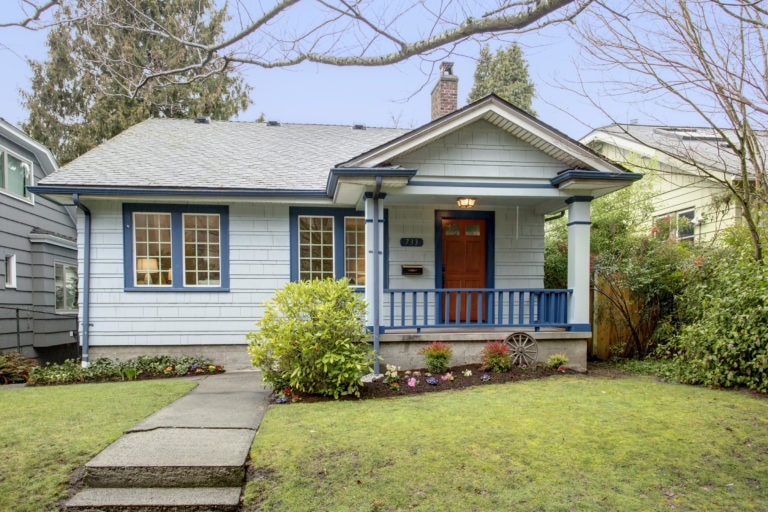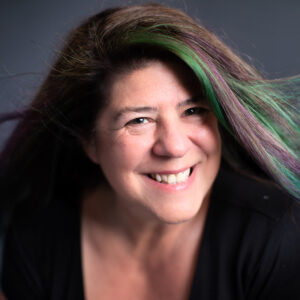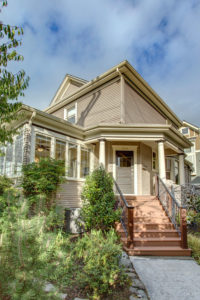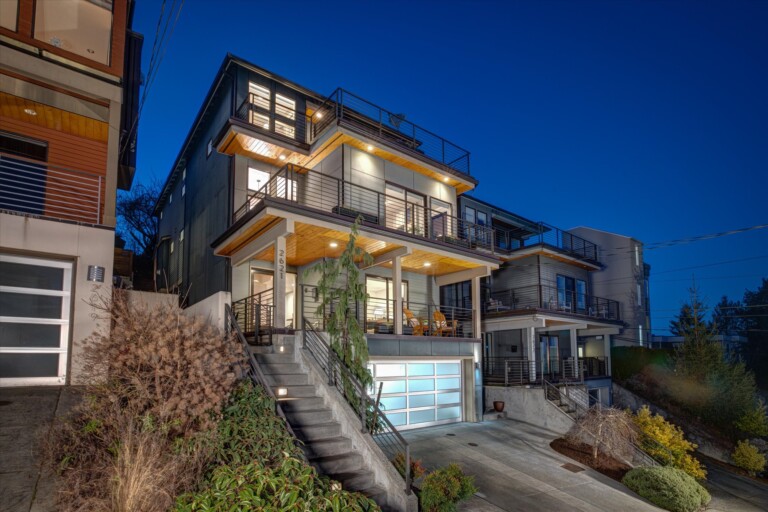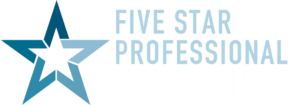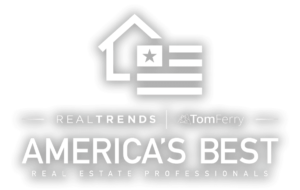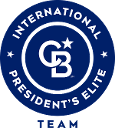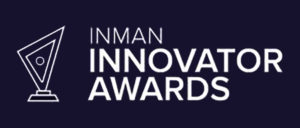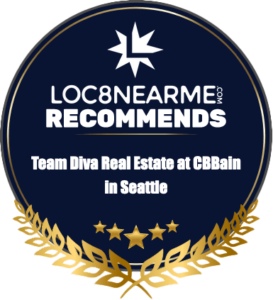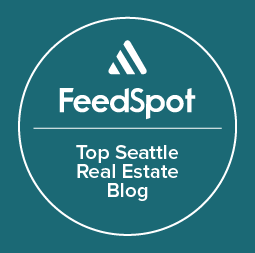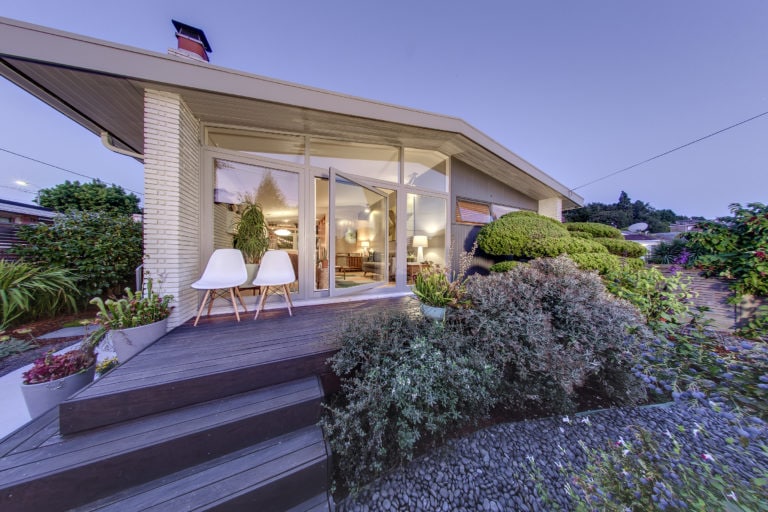What are Closing Costs?
A good down payment can significantly reduce one’s mortgage, but buyers have other costs to cover to close the deal, which can cut into that down payment. This is especially true for financed buyers. Cash buyers will pay escrow and HOA fees at closing. Financed buyers will pay these costs, plus loan fees and title insurance.
Some closing costs will be prorated. Depending on what time of the month and/or year that you close on a property you may have charges or credits prorated on your settlement statement.
An example of a pro-rated escrow cost: If the home has an oil heater and the seller has recently filled the tank, they will want to be reimbursed for the oil at closing. On the settlement statement, the value of the oil in the tank is added as an escrow charge.
Closing costs can be separated into three basic categories: charges, buydowns, and pre-paids.
Charges
The loan origination fee is probably the most well-known closing charge. It varies according to the lender, but is typically 1% of the loan. In addition, EVERY lender has fees for running your credit, processing your loan, and mailing your docs between escrow and the closer. Ask for a specific breakdown from your lender on the full loan costs and ask questions.
The appraisal runs between $500 and $1000 depending on how quickly you need it completed. Lenders deal with the appraisal fee in different ways. Some ask you to pay it up front, others at closing.
Title insurance protects your right to own the property. Here in Washington State, the seller purchases title insurance for the buyer‘s interest in the property. Meanwhile, the buyer purchases a title insurance policy for the lender’s interest in the property. On the bright side, lender policies cost less than the seller-paid policy.
Escrow fees are split equally between the buyer and seller. Escrow is the neutral third party that collects and disburses funds. They also collect the paperwork, prepare settlement sheets, and conduct the signing for both parties.
Buydowns
Buydowns are optional closing costs, but should not be omitted from consideration. Buydowns are paid to lower the interest and fees over the life of your loan. It may cost you $5000 upfront to buydown points off of your rate, but over the life of the loan, the savings could greatly exceed that upfront cost. Talk to your lender to find out the best option for you.
Pre-Paid Costs
Pre-paids are exactly what the name implies. They are costs that you pay before they are actually due. The reason that you are paying these monies is a combination of necessity and security to the party to which the money is owed.
Pre-paids are costs you would pay anyway; you are just paying them up front as a closing cost.
Insurance
Buyers putting less than 20% down are also required to purchase Mortgage insurance. This insurance protects the lender if you default on your loan. Mortgage insurance is fairly expensive and is added to your monthly payment. If you are putting at least 10% but less than 20% down on a home AND you intend to live in the home at least five years, it may make sense for you to pre-pay the mortgage insurance upfront as an added closing cost. Consult with your mortgage broker and/or accountant to see what make sense for your situation.
Then there is Homeowners insurance or Hazards insurance. No lender is going to give you a loan unless you keep the property properly insured. To make sure the policy is kept up to date, lenders often collect six months to a year worth of premiums at closing. They place them in an escrow account and pay the policy on your behalf.
Property Taxes
Property taxes can be a large chunk of your pre-paid fees. The lender wants to make sure the taxes are always paid. To ensure this, the lender collects between three and six months worth of taxes from the buyer at closing. They place these funds in an escrow account and draw on them to pay the taxes when they are due. They keep the account replenished by adding the monthly taxes to your mortgage payment every month.
Quick Note: Usually, the lender will include taxes and homeowners insurance with your mortgage payment, but it is your responsibility to make sure these are being paid.
HOA Charges
Some townhouses and community housing developments have HOA charges, but condos and co-ops always do. Home owners associations often require buyers to pre-pay at least two months of dues at closing. They may also charge move-in and set-up fees. All of these fees show up on the settlement statement as a closing cost.
Finally…the Interest Owed
Be prepared to pay the interest owed on the first month of your mortgage. Closing dates are generally scheduled on random days of the month, so the bank collects the interest you owe from the date you close to the date your first payment would be due. No free days from the bank.
The financial piece can be a little overwhelming in itself. There is no reason to not have a complete understanding of what you are paying and why. Don’t be afraid to ask your lender for clarification on any of your loan costs. Knowing your costs up front will help you become a winner in this market.
